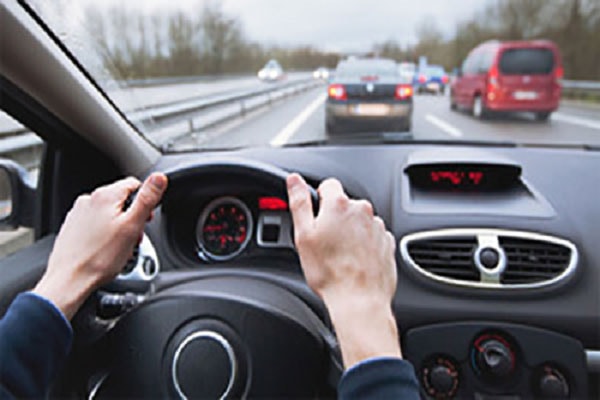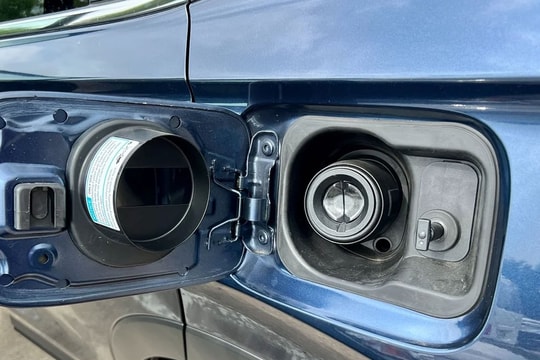How does driving with an empty gas tank damage your car?
Many people have the habit or forget to let their cars run when they are almost out of gas, which will greatly affect the car's engine.
The habit of driving until almost out of fuel appears in many drivers. For many different reasons, they often let their cars operate in a state of almost no fuel left. Forgetting to fill up the gas, trying to find a cheaper gas station, etc. are the most common reasons for leaving their cars running when they are almost out of gas.
|
| The habit of driving when the gas tank is almost empty will cause great damage to the car engine. Illustration photo |
Leaving the car running in such a state is really not good for the engine and the mechanical parts of the car. For car engines, especially diesel engines, damage is very likely to appear if the driver lets the fuel run out frequently.
The explanation for this is very simple, because in each car there are many mechanical parts, designed to be submerged in fuel to operate most effectively and have high durability, and cannot withstand corrosion from various external agents.
According to many experienced car engineers, if the driver tries to move when the fuel tank is empty, it will lead to damage to the fuel pump. In theory, the fuel pump is responsible for transferring fuel from the tank to the combustion chamber and is considered an important part of the pumping system. Trying to move when the fuel tank is empty will cause many direct losses, especially in the filter and motor.
When the car is running with a full tank of fuel, the electric motor is cooled by the gasoline itself. To transport gasoline to the engine, a circular gasoline pump is needed, the process of passing through the gasoline pump pushes the fuel to the engine, thereby cooling the copper coils.
If you drive with an empty tank, air will replace the liquid in the fuel pump and have to do the work of cooling the copper coils in the fuel pump. This means they cannot remove heat from the coils as effectively, which can cause the electric motor to overheat and be damaged as the driver tries to move on the last drops of fuel.
Not only that, when moving with an empty fuel tank, the residue in the fuel tank will also be sucked into the pump to supply the engine. If this situation occurs repeatedly, the amount of fuel residue will be accumulated, it will go down the engine causing poor performance and engine corrosion.
The above reasons prove that driving when the gas is low is extremely dangerous, directly affecting the engine and many other parts. Owners need to regularly care for and maintain the car to operate durably with the longest possible lifespan.




